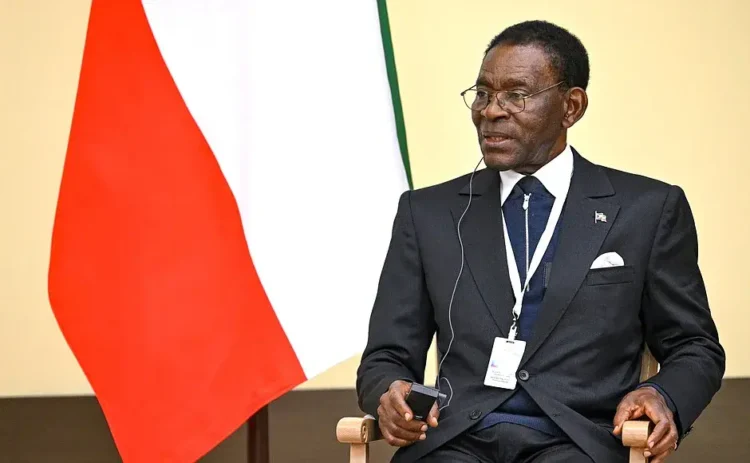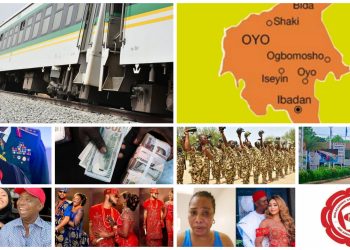The diplomatic world of international relations now features a show of support between two countries which stand apart from mainstream global politics. President Teodoro Obiang Nguema Mbasogo from Equatorial Guinea expressed support for Aleksandr Lukashenko of Belarus after he won the presidential election.
The communication which BelTA Broadcasting reported demonstrates complex diplomatic dialogue that sheds light on both international partnerships and formal international protocols. The message from President Obiang Nguema Mbasogo presented both personal congratulations and the unified views of Equatorial Guinea’s citizens and governmental body.
The proper contextual analysis reveals why this diplomatic communication holds its present value. The international community maintains serious concerns about Lukashenko’s election victory which Belarus formally approves. Numerous Western countries along with international observer organizations continue to doubt the fairness and transparency of Belarusian elections because they see these elections as lacking in freedom and fairness.
The President who has ruled Equatorial Guinea continuously since 1979 Obiang Nguema Mbasogo shares political alignment with Lukashenko according to his recent congratulatory message. International human rights organizations label Lukashenko and Obiang Nguema Mbasogo as authoritarian leaders due to their extended control over political power which blocks democratic resistance.
The diplomatic formulation in this message uses official language to celebrate friendship as well as diplomatic respect between leaders. The official title “Mr. President and Dear Friend” bestowed on Lukashenko indicates Obiang Nguema Mbasogo’s dedication to preserving and even enhancing diplomatic ties between their respective countries.
This particular statement reveals important details about the subject matter. The statement demonstrates mutual understanding between nations about their approach to leadership whereby they value ongoing state governance and stable leadership more than swift political changes.
The exchange takes place within multiple layers of existing international diplomatic relations. Various Western nations continue to impose sanctions against Belarus while Equatorial Guinea along with other nations pursue diplomatic measures based on state relations and mutual recognition.
This statement indicates a future potential for friendship development through continued joint cooperation. The international relationships of Equatorial Guinea bring diplomatic backing along with possible economic chances and create solidarity in worldwide politics for this smaller nation.
The diplomatic message sent by Equatorial Guinea to Belarus signifies more than standard congratulatory gestures because the international observers maintain their attention to Belarusian political situations. Through this statement, Equatorial Guinea demonstrates its diplomatic stance while honouring national sovereignty and engaging with advanced global politics.
The message demonstrates the intricate nature of international diplomacy which connects diplomatic standards above ideological conflicts and human rights issues to generate complex worldwide networked relations.





